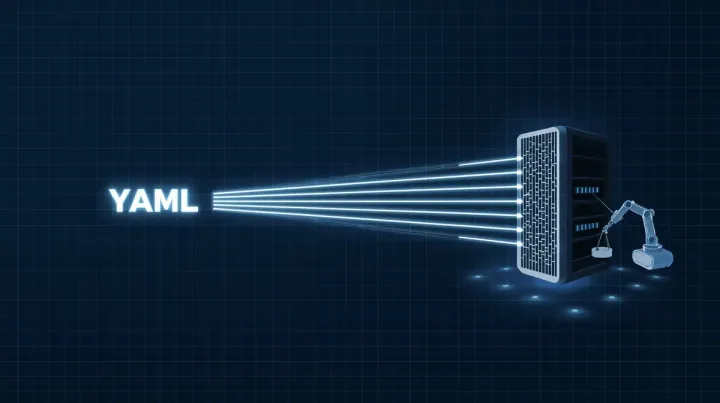
A Quiet Revolution: GNU Toolchain Deepens its Embrace of BPF
For what felt like an eternity in the fast-moving world of kernel development, if you wanted to work with eBPF, you were essentially tied to the LLVM/Clang toolchain. It was the undisputed king of the hill, the only environment with mature, first-class support for compiling BPF programs. While the GNU toolchain (GCC, binutils, etc.) has been the bedrock of Linux for decades, its BPF support has been, to put it mildly, lagging.
That reality is finally and decisively changing.
Recent discussions at the 2025 GNU Tools Cauldron have brought to light the significant progress made in integrating BPF support into the GNU ecosystem. This isn’t just about catching up; it’s about providing a viable, robust alternative for the millions of developers who live and breathe the GNU environment.
Why This Matters
The historical dependence on LLVM created a “toolchain monoculture” for BPF development. While LLVM is a fantastic project, relying on a single toolchain creates a fragile ecosystem. It limits developer choice and can slow down innovation if the goals of the LLVM project diverge from the needs of the kernel community.
The effort to bring comprehensive BPF support to GCC and binutils is a strategic move to:
- Democratize BPF Development: Developers who are deeply familiar with the GNU toolchain will no longer need to switch to a completely different environment to work on BPF. This lowers the barrier to entry and can bring more minds into the BPF ecosystem.
- Increase Resilience: A healthy, competitive toolchain environment benefits everyone. It pushes both LLVM and GNU to innovate and provides a fallback if one toolchain introduces a critical bug or a breaking change.
- Align with Kernel Needs: Kernel developers have specific requirements. Having direct conversations between the kernel community and the GNU toolchain developers, as seen at the Cauldron, ensures that the implementation is tailored to what the kernel actually needs, such as robust support for BTF (BPF Type Format).
The Road Ahead
The journey isn’t over. While the progress is undeniable, there are still hurdles to overcome. The discussions at the Cauldron focused on the next steps, including refining BTF support, improving the debugging experience, and ensuring the generated code is as performant and efficient as its LLVM counterpart.
This isn’t just a technical footnote. It’s a quiet revolution happening in the foundations of Linux development. The growing maturity of BPF support in the GNU toolchain is a testament to the open-source community’s ability to self-correct and diversify. For developers, this means more choice, better tools, and a more robust platform for building the next generation of networking, security, and observability tools on Linux.
Based on discussions at the 2025 GNU Tools Cauldron, as reported by LWN.net.


